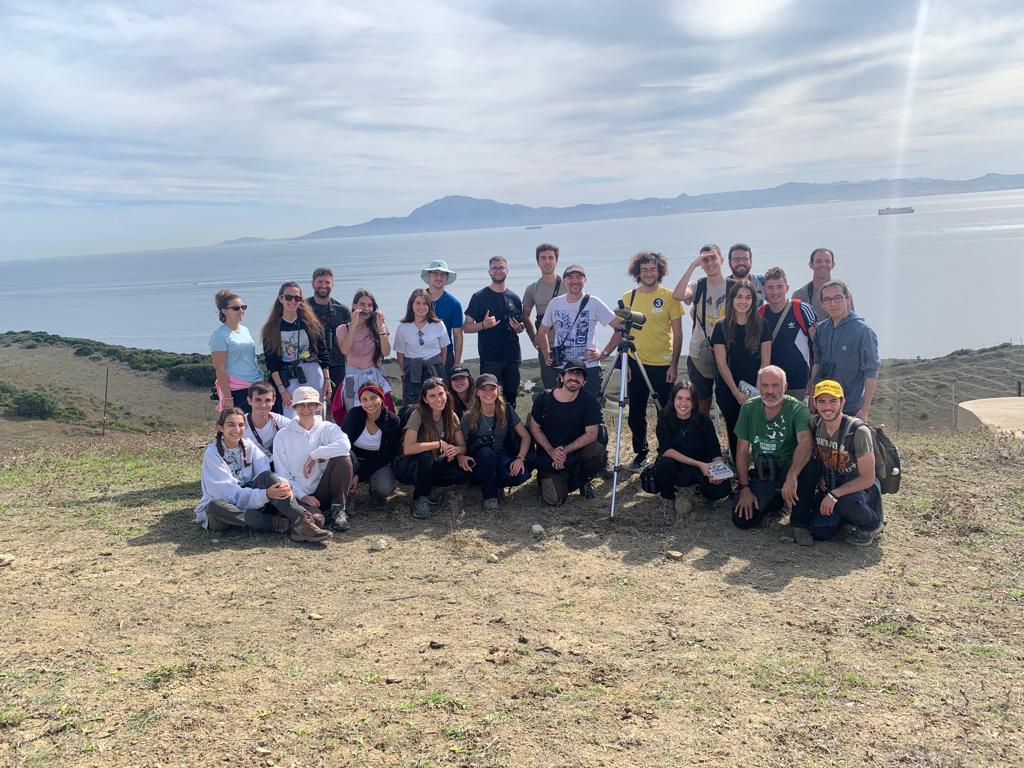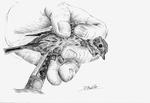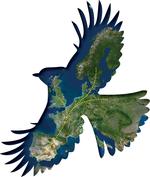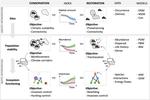Biography
I am a spatial ecologist and conservation scientist with a broad interest in the ecological processes that drive the distribution and abundance of animal populations in space and time. As a mix between a field biologist and a data geek, I am an avid R user, who enjoys working with large datasets (both researcher-collected and citizen science) while developing and/or implementing new statistical methods to answer pressing questions in spatial ecology and conservation.
My interest spans between biogeography, population ecology, genetics and conservation biology. I am particularly interested in analyzing how individual, population and species respond to global change (climate and land-use) across several spatial and temporal scales. My final goal is to advance into a more reliable predictive ecology and, as a consequence, provide critical knowledge to support better biodiversity conservation.
I am Assitant Professor at Universidad Complutense de Madrid, Spain, member of the Evolution and Conservation Research group. Currently, I am working on INCISE project where I integrate structured monitoring data, citizen science data and cutting-edge quantitative modelling tools to improve our understanding of biodiversity dynamics
- Conservation biology
- Biogeography
- Biodiversity modelling
- Citizen-Science
- Movement ecology
-
PhD in Ecology, 2017
Complutense University of Madrid
-
MsC Conservation Biology, 2012
Complutense University of Madrid
-
BSc Biology, 2011
Complutense University of Madrid
Research
In my research, I combine different types of data and methodological approaches to build a more integrative ecological science that can
- Delineate the processes that rule biodiversity responses to environment changes at or across different spatial and temporal scales. If we better understand why species are where they are, we can enhance predictions of how this will change into the future and contribute to solutions for the grand environmental challenges of our time.
- Identify biases and gaps in existing biodiversity information. I have been working on how information on biodiversity is distributed over space and time, and how we can overcome these information gaps with modelling approaches
Projects
Teaching
Teaching and advising students have been important parts of my career. I enjoy interacting with students and young researchers to help them explore scientific knowledge and develop new skills. As environmental concerns grow larger in a rapidly changing world, it is essential to evaluate our actions for biodiversity conservation. Therefore, whether we want science to be credible and useful for citizens, training the next generation of biologist and conservation practitioners becomes more important than ever. I try to use integrated training, with training in methodology, but always that it is possible with some fieldwork experience as part of their program. Collecting data and spending time in the field is essential to understand our study systems, and the collection effort usually gives the student the motivation of using and developing analytical tools to make the best use of the valuable data.

Current teaching:
Master programme “Conservation Biology”. Universidad Complutense de Madrid
- Caracterización y seguimiento de poblaciones animales amenazadas
- Evaluación Ambiental Aplicada a la Fauna
Master programme “Zoology”. Universidad Complutense de Madrid
Bachelor programme “Biology”. Universidad Complutense de Madrid
Teaching materials for practicals:
Master programme “Ecology, Evolution and Conservation (EEC)". Univ. Potsdam (2020-2022)
- MSc module “Experimental design and data analysis”
- MSc module “Macroecology and global change”
- MSc module “Quantitative conservation biogeography”
Recent Publications
Field expeditions
Operation Wallacea
Expedition to Cusuco National Park, Honduras, funded by Operation Wallace. Small mammal research team (2012)
Organization Tropical Studies
Expedition to La Selva Biological Station, Costa Rica, funded by Department of Ecology & Evolutionary Biology, Kansas University. Supervision by Andrea Romero and Robert M Timm. (2008-2009)
Contact
- gfandos@ucm.es
- C. de José Antonio Novais, 12, Madrid, Madrid, 28040
- DM Me



